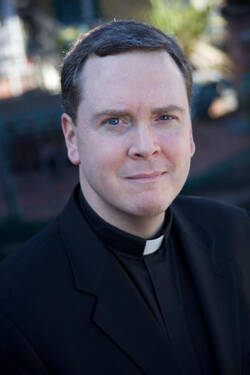The principal approach to Buckingham Palace, which Americans will know from its occasional use for royal wedding processions, is a relatively recent addition to London’s urban landscape. The Mall, pronounced “Mael” by our British cousins, is a half-mile long thoroughfare extending from Admiralty Arch, the center of 19th-century British naval power, to the vast marble memorial to Queen Victoria, situated at the center of the plaza in front of Queen Elizabeth II’s official London residence. A visitor enters this open space through one of several elaborately decorated gates, each named for one of the self-governing dominions of the British Empire, including Canada, New Zealand and Australia.
The Mall is nothing less or more than a great secular cathedral, the place where the imperial liturgy was enacted in all its glorious and decadent pomp; the place where the public could join the imperial pageant in three resplendent dimensions and in ways befitting their place in the hierarchy of British society.
Funny thing is, however, that all this was built in 1910, when the empire had only 30 years left to live, its inevitable demise hastened by two catastrophic world wars and the emergence of the superpowers. In 1910, the British Empire looked to most people like something that was here to stay. Yet one wonders whether the Mall’s grand boulevard and monument scheme actually reveal the Edwardians’ barely conscious suspicion that all was not well. After all, it is commonplace enough in human experience to respond to an inevitable failure or decline by vainly re-doubling one’s efforts, asserting even more vigorously the permanence of that which one suspects is maddeningly precarious.
Throughout the 1920s, when the empire was even more clearly entering its death throes, the British, in addition to the Grand Parade Royale in London, built more and bigger monuments to their colonial achievements in places like South Africa and India. New Delhi was meant to signal the permanence of British administration in India for a century or more; instead, its vast, bejeweled corridors were hosting the politicians and civil servants of an independent Republic of India within the lifetimes of most of the people who had built them.
In that sense, these monuments and parade grounds were little more than grand, desperate assertions of some imagined, utterly this-worldly relevance, a colossal self-assertion meant to forestall the seemingly sorrowful and inevitable reality. When the last Union Jack was furled in Hong Kong in 1997 and the sun finally set on that which was never to have darkened, the British came to see for one brief moment that they were, like their Greek and Roman forebears, mere mortals who had usurped for themselves the hegemony that rightly belongs only to God.
From the wreckage of Britain’s broken dreams, the United States plucked the mantle of global leadership. We have effected much good in the world in the 70 years since. But we’d be fools to believe that the United States is any more immune to the vicissitudes of global adventuring than were our predecessors. We are not the indispensable nation, still less the last best hope for humankind. We are merely the present torchbearer, the most recent progeny of a noble, yet sullied history. One wonders, then, how future generations will regard the U.S. misadventure in Vietnam. Was Vietnam but the first and most striking example of America’s hubris, that hamartia that is the downfall of every classic protagonist? Will the Fourth of July parade down Pennsylvania Avenue in 2050 be a testament to America’s enduring leadership or a melancholy reminder of that which was and yet never really was?








